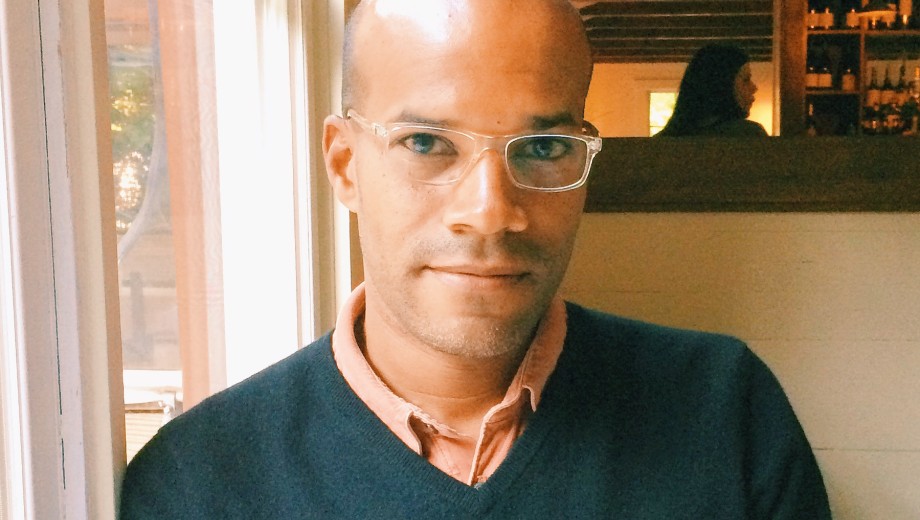Darby English, the Carl Darling Buck Professor in Modern and Contemporary Art and Cultural Studies, had more to say about creativity and art than Tableau had room for in Two Perspectives on Creativity. Here are some of his observations:
On the word “creativity”:
The meaning has become diluted. It’s in deep trouble in that sense. I would rather not speculate about how that dilution happened, as that’s too easy and kind of snarky. But I think whatever might be done to improve the situation might have a lot to do with preciseness and perception. “Preciseness” of the sort that is willing to distinguish between what is really a recasting of the already extant—what has already existed but is sufficiently recast as to seem new, that doesn’t make a difference except very superficially—and what is actually capable of striking us. Something that makes its impact by being hard to assimilate immediately. “Perception” in the sense of promoting, understanding the difference between imitation and creation. Promoting the sensitivity of the imagination. Actually just promoting the use of the imagination.
And also an awareness of the limitations that need exceeding. That’s a very dangerous zone to opine out of. Everybody experiences limitations differently. This is a very personal issue for me; I have a lifelong limitation with speech impediments, and I’m black. I’ve mainly lived in cities, where I’m a target of a certain amount of unwanted attention. I know about limitations, but what I know about them is what I know about them, and the ideas of discarding them are mine. I don’t try to do my thing on art.
On creativity in the everyday world:
Interference is an interesting thing to think about. Back when there were TV channels, sometimes your signal was weak and you had to play with the antenna. That meant you had to accept a lot more breaks in the signal—and you called it interference and moved on. I think of moments of actual creativity as moments where the signal breaks. You have to think about stuff and not just watch it swim by. Maybe art is the rock in the stream. I don’t mean visual art alone; I mean art as a nickname for everything we create that we use all the time. I guess we’re putting a magnifying glass over it.
My friend Hamza Walker [AB’88], longtime curator at the Renaissance Society, wants to retract the letters A, R, and T from the word artisanal. I think that’s hilarious, but it’s also very serious, in that it’s a way of expressing a need for the actually creative to remain distinct from the artisanal; from anything that can be curated. Like a cheese plate.
I don’t know why the curators aren’t angrier. I feel like there should be a class-action suit.
On embracing change and stasis simultaneously:
I grew up in a beautifully forested part of northwest Ohio. And the woods all around were my absolute favorite place. In the woods, things are always happening that you can’t account for. A branch has bent or fallen, or a pool has formed, or someplace you always took very confident steps has turned swampy. These explorations were definitely formative in that they produced an awareness that the world was always creating itself.
I have a note on my iPhone that says, “You said that nothing would change.” It’s a sentence that belongs to a genre of romantic dialogue. I kept it because I think it’s really important to me to be aware of my own desire for static situations despite my investment in tracking and effecting change. I’m aware of my ambivalence, I think it has a great deal to do with the value I put on creativity—and why particularity and specificity and precedence are so crucial to whatever concept I might have of creativity.

